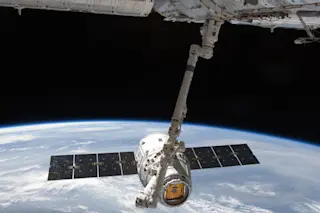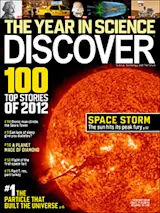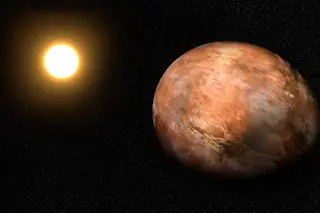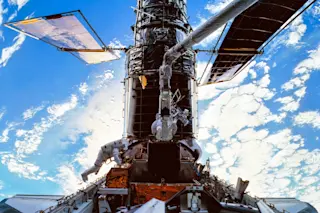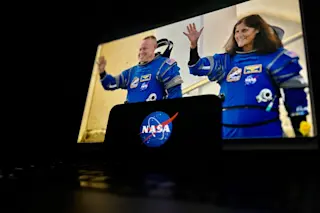On October 12, a 160-wheel transport carried the space shuttle Endeavourthrough Los Angeles at a stately two miles per hour. As the shuttle—the centerpiece of American space exploration for the last 40 years—paraded to its final resting place at the city's California Science Center, the future of spaceflight was orbiting overhead: Space Exploration Technology (SpaceX) Corporation's Dragon, an unmanned capsule, was circling 240 miles up, delivering nearly 900 pounds of food, water, and equipment to the International Space Station.
Industry stakeholders have been heralding the dawn of private spaceflight for nearly a decade, but the 2012 success of SpaceX and several other companies, along with the announcement of innovative new ventures, suggests the era has finally arrived. "This year was pivotal," says Phil McAlister, NASA’s director for commercial spaceflight development. "We actually have real performance. It’s no longer hypothetical."
The breakthroughs come just in time. In 2011 NASA ended the ...


